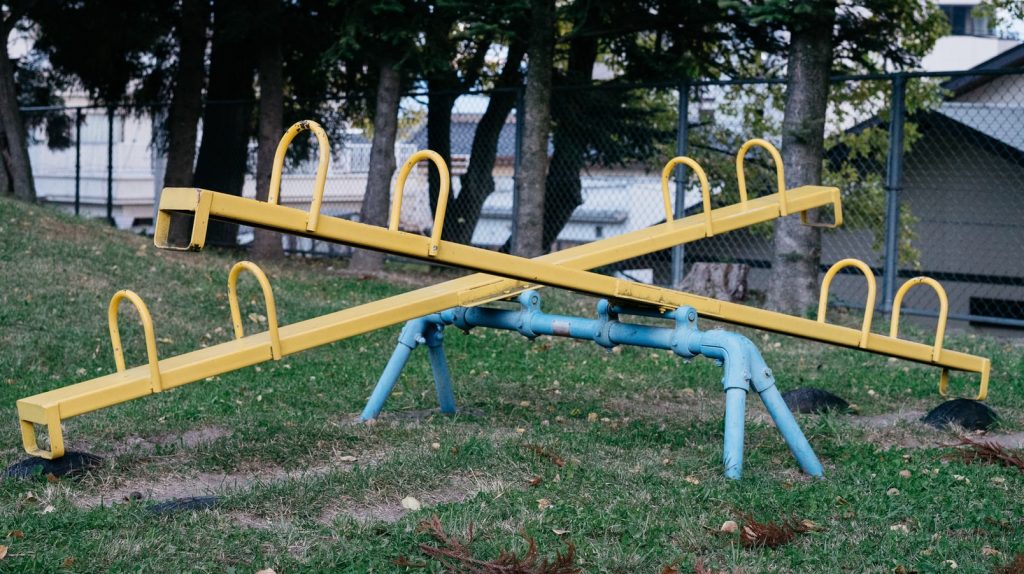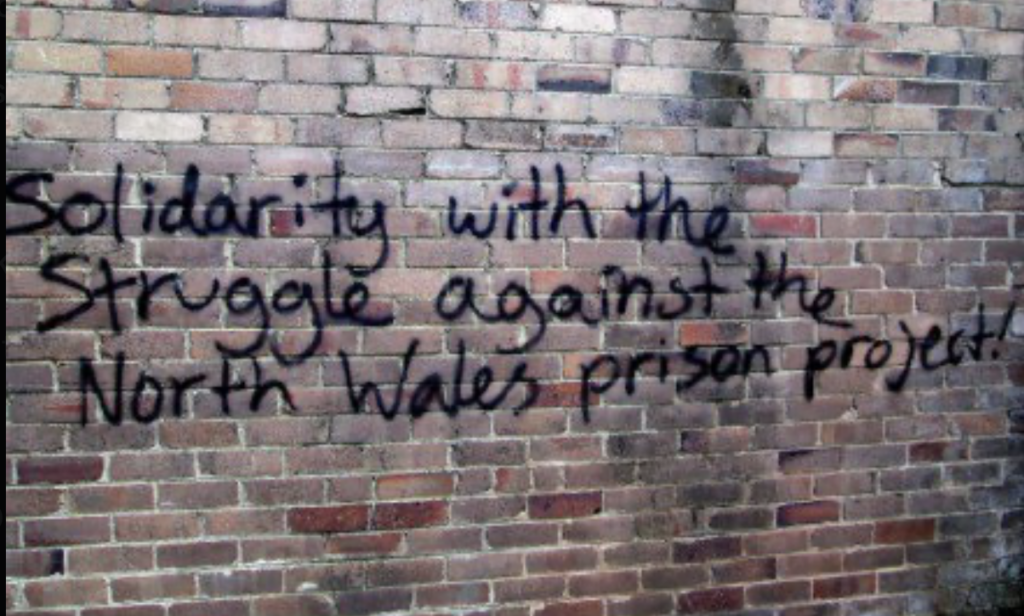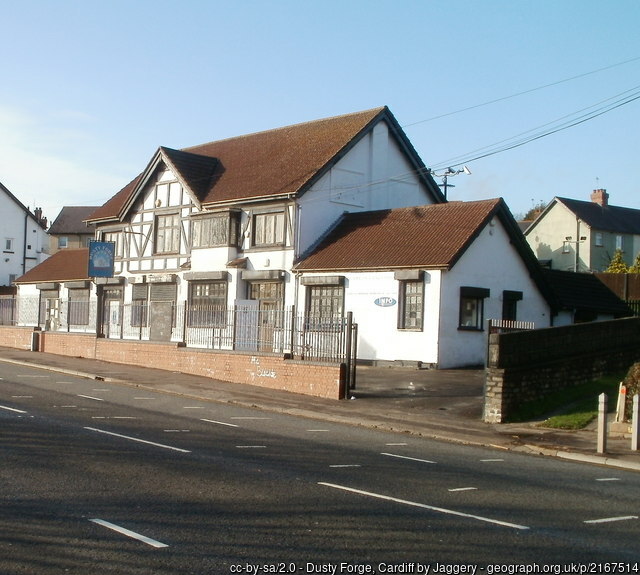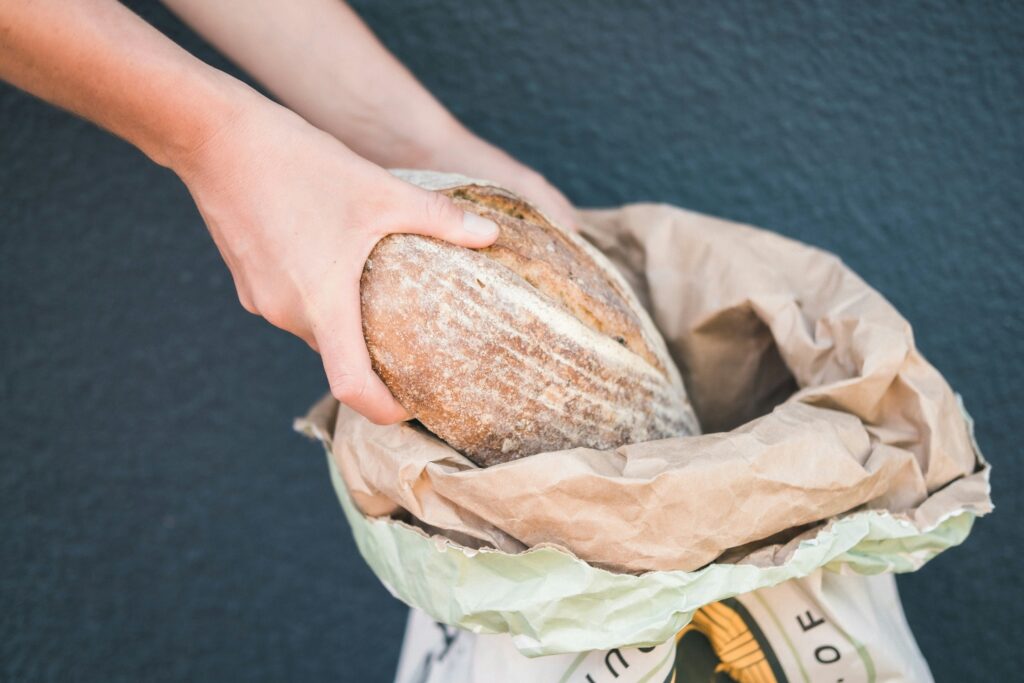Looking through the lens of Covid-19, Chisomo Phiri outlines what the latest statistics about women in Wales mean for gender equality.
Chwarae Teg has published its third State of the Nation report, which outlines the progress made in Wales in terms of becoming a gender equal nation and explores the experiences of women in the economy, their representation and those at risk.
We have been publishing the State of the Nation report on an annual basis since 2018 when the Welsh Government stated its vision to make Wales a world leader in gender equality.
The purpose of the report is to monitor progress, or otherwise, towards the Welsh Government’s aim, and so that we can ensure that no one is complacent about the need for continued action and effort towards achieving true gender equality for all women.
Last year, Covid-19 dramatically changed the way we live, work, and socialise.
Undoubtedly some groups have been hit harder than others including women, BAME people, young people, disabled people, and those living on low incomes. They have all been disproportionately affected by both the health and economic impacts of the pandemic.
“Ethnic minority women are more likely to be economically inactive than white women, at 25.6% vs 39.7%.“
Many individuals have experienced life changing impacts from Covid-19 because of bereavement, job loss, isolation, stress, anxiety and more, which will affect lives for years to come.
We already know, through Chwarae Teg’s research report Covid-19: Women, Work and Wales, published in October, that there have been stark inequalities faced by women during the pandemic.
Women are twice as likely as men to be key workers in Wales and the effect of sector shutdowns, business closures, and unemployment is falling disproportionately on women with them being 5% more likely to have lost their jobs due to Covid-19 than men.
The pandemic has also revealed our dependence on women’s unpaid care, with women bearing the brunt of additional childcare and home-schooling throughout.
This has heavily impacted their paid work and could have long term implications for their employment and career progression.
This is underlined by the State of the Nation 2021 data which shows that women remain four times more likely to be economically inactive than men, with over a quarter of women stating ‘looking after family and home’ as the reason for this, compared to just 6.5% of men.
Robust debate and agenda-setting research.
Support Wales’ leading independent think tank.
This year the report shows an improved Gender Pay Gap narrowing from 14.5% to 11.6%, however this figure alone cannot tell the full story about how our economy is performing in terms of gender equality.
The report digs deeper and looks at how performance against three key indicators: women in the economy; women represented; and women at risk.
In terms of Women in the Economy, this year’s figures show that although women are more likely to be economically inactive than men, ethnic minority women are more likely to be economically inactive than white women, at 25.6% vs 39.7%.
86% of single parents are women, which are by far the households most likely to be living in poverty, and women are significantly more likely to work part-time at 40.1% compared to 11.8% of men.
It’s also important that we look at how women are being represented in public life – especially given we are only months away from planned Senedd elections.
State of the Nation 2021 shows that women are still widely underrepresented, particularly at a local political level, with worrying figures emerging for female public appointments – falling from 64% to 43.1%, and female chair appointments from 56% to under 5%.
Looking at Women at Risk, Universal Credit figures paint a bleak picture, unsurprising perhaps given the context of Covid-19.
“Gender, race, ethnicity, faith, disability, age, sexuality and class continue to shape access to power, influence, resources and privilege.”
While the proportion of women claimants has reduced slightly from last year’s figures, overall, the number of people claiming has risen exponentially – up 107% from 2019, with a larger increase in the number of men claiming.
Yet, more women claimants in Wales are likely to be in employment, 43% compared to 33% of men. These figures highlight a real risk, as we move out of the pandemic towards recovery, that women will be last to return to the labour market.
Overall, this year’s report has highlighted the impact of the deep-rooted inequalities that are entrenched in our society.
These have been exposed and exacerbated by Covid-19 and demonstrate the need for them to be tackled at the root as the economy recovers post Covid.
Chwarae Teg’s Manifesto for a Gender Equal Wales sets out clear policies and actions that should be adopted to tackle the issues highlighted in this report.
Innovative. Informed. Independent.
Your support can help us make Wales better.
Our manifesto states that any approach taken must be an intersectional and we are unequivocal about this recommendation.
An approach that recognises how characteristics such as gender, race, ethnicity, faith, disability, age, sexuality and class continue to shape access to power, influence, resources and privilege.
A desire to do things differently has been a central pillar of devolved Wales, with equality as a guiding pillar in the establishment of the Welsh Parliament.
But new policies and politicians alone will not make the changes we need to see.
There is a responsibility on all of us as we emerge post Covid-19 to think more urgently, and more radically about what we can all do, and how we should do it, to ensure we achieve a truly gender equal Wales for all, and for future generations.
All articles published on the welsh agenda are subject to IWA’s disclaimer.





